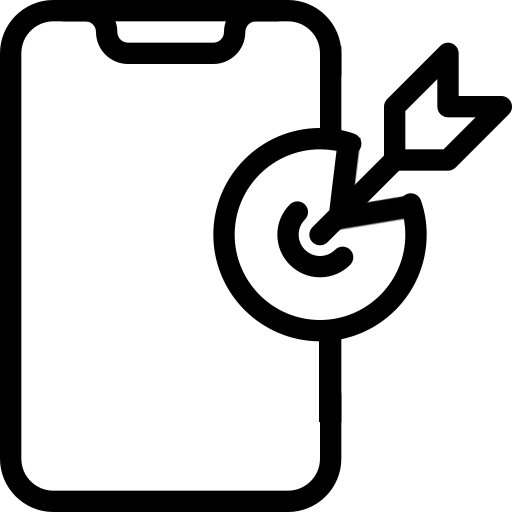
Setting financial goals is an important step towards financial health. Goals should be: Specific, Measurable, Achievable, Realistic and Timely.
The more detailed your savings goals are, the easier it will be for you to reach those goals. You must also remember that your savings goals will move parallel to your budget so it is important to review your budget every few months to make sure it reflects your goals and to see if you are saving the maximum amount possible.
Goals will differ in the length of time needed to achieve them. Moreover, it is important to remark that the priority for savings shall always be an emergency fund. This is money you can draw on to meet unexpected expenses, without having to borrow. As a guide, aim to approximately save to cover your expenses from one to three months. Remember to keep this money for real emergencies and see that you top it up as soon as possible after use.
Besides that, you can have:
-
Short-term savings, for those things you want to achieve within the next couple of years. These goals could be to pay off your credit card debt, buy a new TV, go on a holiday or buy a car. Try and set yourself a realistic timeframe without too much cut-back which you might not achieve and,
-
Long-term savings, for those things you want to achieve in around five years or more. This could include buying a home or paying off your home loan, paying for your private schooling or retirement planning.
You must then find the best way to save depending on your goals. Savings accounts are for times when you may need to access your money quickly (such as the emergency fund and short-term savings) whilst term deposits and investments are for the longer term. You may wish to keep separate accounts, especially for short terms savings goals.
Saving and investing is a complicated area and decisions that are right for one person may not necessarily suit another. Our website has a dedicated section about investing and investments. if you want to read m

